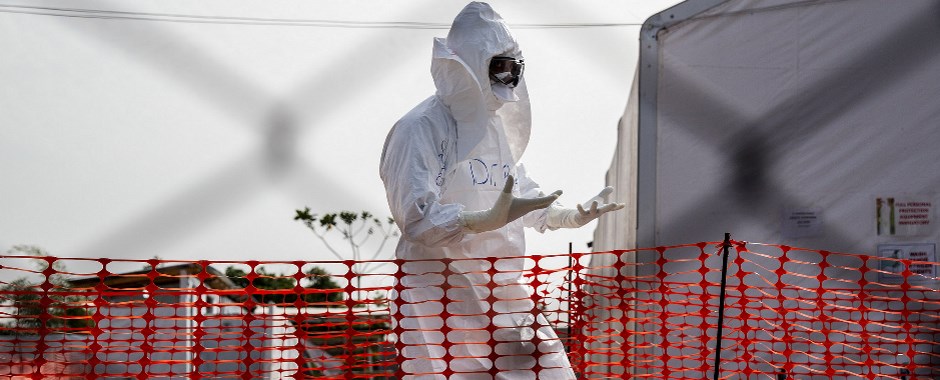The Institute of Development Studies (IDS) has announced a new project funded by the Wellcome Trust: Pandemic Preparedness: local and global concepts and practices in tackling disease threats in Africa.
The project aims to track the meanings and concepts of pandemic preparedness at global, regional and local levels, and the ways these interconnect – or fail to. The project team combines expertise from two locally-embedded universities – Njala University in Sierra Leone and Gulu University in Uganda – and a regional research institution – CRCF in Senegal, part of the Institut de Recherche pour le Développment (IRD) network, as well as other anthropologists from the London School of Hygiene and Tropical Medicine, IRD and IDS.
Exploring ‘preparedness from below’
There is an urgent need to reflect on differences between preparedness as a global health concept, and ‘preparedness from below’ – the understandings and practices of communities through which they anticipate and manage disease and other adversity on an everyday basis. Put slightly differently: who is being prepared, for what, and by whom? These are critical questions – for the ethics of humanitarian engagement, for considerations of global justice, and indeed for the effectiveness of disease control and response.
The project builds on IDS and partners’ past work including the award-winning Ebola Response Anthropology Platform and the expanded remit pursued by the Social Science in Humanitarian Action Platform, which has shown the importance of local perspectives on disease response. The Dynamic Drivers of Disease in Africa Consortium has explored how local understandings and practices emerge from complex, interconnected ecologies and social processes.
Work on epidemics by the STEPS Centre has also shown that pathways of disease and response are embedded in far wider political and social contexts, in which narrow notions of risk are quite unhelpful. Understandings of preparedness and local responses might emerge from improvisation, flows of new information, or recollection of past experiences of dealing with events perceived as threats to life and health (for instance hunger, lightning strikes, floods, political danger).
Risk and uncertainty in pandemic preparedness
Disease threats and outbreaks can be understood as inherently uncertain, involving events whose character and occurrence cannot be predicted in advance. Yet many preparedness efforts address them as if they were risks focus on turning such uncertainties into manageable risks via surveillance, prediction, early warning, and scenario planning. Yet, experience both in relation to disease and, indeed, a far wider range of fields has shown that such efforts are limited where threats are genuinely uncertain or unknown.
Linking with the STEPS Centre’s uncertainty theme, the project aims to explore how approaches geared to recognising and living with uncertainty may be needed; social science literature from diverse sectors identifies flexible institutions, ongoing iterative adaptation and learning, and capacities to anticipate and respond as key dimensions of this.
Risk and uncertainty is one of three core themes explored by the project, alongside knowledge and information and agency and authority.
Find out more about the project on the Institute of Development Studies website.
 Uncertainties can make it hard to plan ahead. But recognising them can help to reveal new questions and choices. What kinds of uncertainty are there, why do they matter for sustainability, and what ideas, approaches and methods can help us to respond to them?
Uncertainties can make it hard to plan ahead. But recognising them can help to reveal new questions and choices. What kinds of uncertainty are there, why do they matter for sustainability, and what ideas, approaches and methods can help us to respond to them?
Find out more about our theme for 2019 on our Uncertainty theme page.
